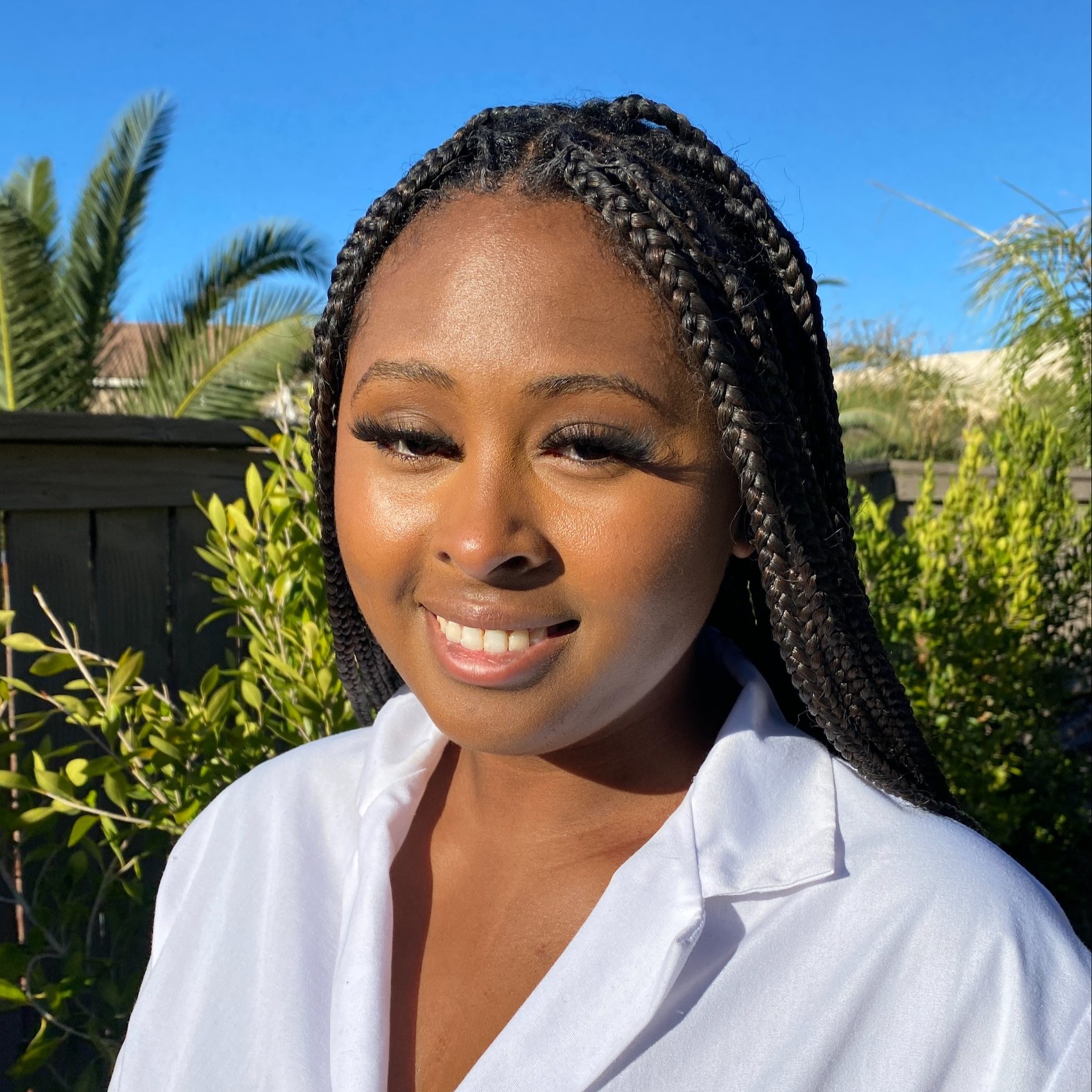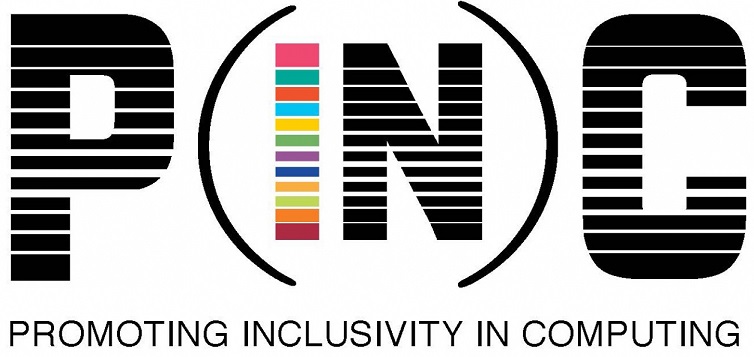

Hi Phelan and thank you for taking the time to answer a few questions. First let me congratulate you on your acceptance to graduate school at UCLA's Neuroscience Department and fellowship!! What kind of research do you plan on conducting and why does this interest you?
With the techniques that I have learned and practiced in my undergraduate research; I am aiming to dedicate my profession to curating translational science discoveries that will tackle neurodegenerative diseases. Although I don't have any previous research experience in neurology, I have a lot of experience in biochemical/biomolecular experimental studies and computational analysis. Using this experience, I would like to study the molecular and chemical pathways and interactions that occur during neurodegeneration, including risk factors for dementia, using all of the tools and methods I've learn in my current labs.
Can you share a little about your journey at SFSU and the PINC/gSTAR programs? Specifically, how did you decide on your major and what made you join the PINC and gSTAR programs?
Upon transferring to San Francisco State University during the Covid-19 pandemic, I searched for more opportunities to participate in, despite the disruption of in-person research. I joined Dr. Misty Kuhn’s biochemistry lab in spring 2021 where I began two computational analysis projects. My first computational analysis project created several workflows, using python, to align and assess the variability of the GNAT Superfamily. Then in summer 2021 I was accepted into the Promoting Inclusivity in Computation Summer Program under Dr. Nicole Adelstein and developed my computational analysis skills through my second project. The goal of this project was to investigate the conservation of any residues between two acetylated lysine sites that regulate gene transcription for 2-Methionyl-Trnafmet Formyltransferase complexed with Formyl-Methionyl-Trnafmet. I was advised to apply for the PINC scholarship but wasn't accept. I still took CSC - 306 intro to python course - because I really enjoyed coding and applied for the next semester of the scholarship and was accepted!
Learning to code can be a daunting prospective, what advice would you give to students considering the PINC program? What was your experience with learning to code and how did it impact your research?
Coding broadened my research experience significantly. Before, I thought that research only had one pathway, but the PINC program helped me to carve out another path of exploring science. I really enjoy coding so much because of all the things that can be created by coding. I often am asked if I'm a computer science major, and truly believe that if I hadn't fallen in love with biochemistry and chemistry that I would have been a computer science major. In my mind, I know what I want to see, or what I would like to do via the computer and I sometimes struggle trying to translate my vision into code - it's like speaking two languages sometimes. It can also be challenging to manage time properly when learning to code because of how good it feels to finally get a running code. Sometimes the answer might not always come, and other times you might have mistyped something, but I've learned that it's all about patience. I feel like these challenges have positively impacted the way I conduct my research and the innovative characteristics that I like to enact while designing experiments at the bench top and on the computer.
Coding broadened my research experience significantly. Before I thought that research only had way pathway, but the PINC program helped me to carve out another path of exploring science.
What was the application process like for graduate school? What do you wish you had known before and what can you tell your fellow gators about the process, any advice?
The application process for the graduate program was pretty difficult for me. I struggle to talk about myself on a personal level and detail myself as to why I would make a good Ph.D. candidate. I started the process in August last year, by starting with a list of universities I would like to attend, then spent 2 months working on my personal statements with my mentor, then finalized my diversity statements, and applied to all the schools all at once. I was so nervous and struggled with the value I could bring to those programs, and what I could possibly do with the experience I have. I had to be very real with myself as a BioChem major with no neuroscience class, except for the class I was taking at the time, and realize that I'm competing with others who may have more than me. But I tried my best to remain positive by focusing on myself as a student and scientist. Some things I wish I paid more attention to was fellowships that are linked with the programs I was looking into. While applying to multiple places I noticed that they offered fellowships that would pay tuition and award a stipend in the program. I personally think that having applied would have added another star onto my application because I know that being able to afford students with grants is something that PI's have been struggling with for years now. I also would have reached out to professors that I was interested in sooner, to discuss what their lab work on in more detail. Some labs I applied to I had a different understanding of, and figure that out too late. In short, by reaching out early to professors whose work you are interested in, can save you time and also may provide you with more opportunities.
Thank you, Phelan and congratulations, once more! One last question. You are also a Gen-PINC scholarship recipient, has the scholarship impacted your academic journey in any way?
Thank you so much! And yes, the scholarship really helped me stay afloat during my time at SFSU. When I was in community college, I struggled with paying my tuition and other fees and worked almost 40 hours a week while trying to remain full time. It was so difficult and often times I wouldn't be able to keep up and pass. Because this scholarship has contributed towards my funding, I could focus more of my attention to studying. I am immensely grateful for the support and for the community the Gen-PINC cohort has given and for the memories, and friends I have made within the cohort, they will be with me for life.